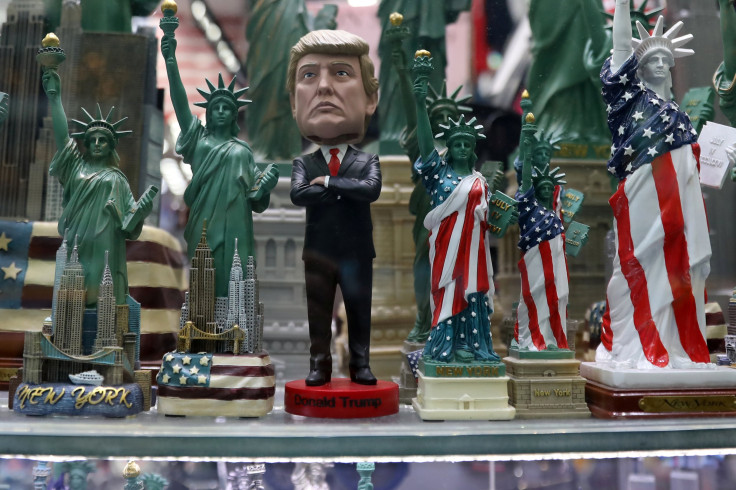Do Immigrants Help The Economy? Study Says Migrants Increase US Innovation But Receive Lower Incomes

Adding to mounting research on the benefit of immigrants to the U.S. economy, a February 2017 working paper from researchers at the University of Chicago and the Harvard Business School found that migrants have historically contributed a “substantial” amount of innovation and growth to the U.S. economy—all while receiving far lower wages than their native-born counterparts.
The authors attributed the income disparity, which was even starker between women and men and black and non-black inventors, to “frictions associated with assimilation,” but stressed that it “cannot be explained by variation in productivity.” The National Bureau of Economic Research released its preliminary study weeks after President Donald Trump issued executive orders freezing travel from seven predominantly Muslim countries and by refugees and mandating the “immediate construction of a physical wall” to keep immigrants out.
For their data set, the authors drew on “nearly the universe of patents” granted by the U.S. Patent and Trademark Office between 1880 and 1940, and matched the identities listed on the patents to information in the U.S. Census from the same period, allowing them to see how much money the inventor made, including income from labor unrelated to the patent.
The 10 states yielding the most patents also had larger numbers of migrants, with on average a fifth of their populations coming from outside the U.S., while an average of just 1.7 percent of populations in the least inventive states were foreign-born.
Immigrants were most highly concentrated in New York, Minnesota and North Dakota, but “noticeably absent from the southern states, perhaps because such places were less likely to be open to disruptive ideas and intolerant of social change,” the report found. The Carolinas exhibited the lowest numbers of immigrants.
The findings appeared to back calls from the tech community for Trump to dispose of the limits on movement of people—specifically, potential innovators—into and out of the U.S.
Google’s parent company Alphabet Inc., Apple Inc., Facebook Inc., Microsoft Corp. and Uber Technologies, among other Silicon Valley giants, signed a letter obtained Wednesday by Recode urged Trump to reconsider both orders affecting migration. On Monday, 120 companies, including Tesla Motors and SpaceX, whose founder and chief executive Elon Musk sits on Trump’s team of business advisers, filed a legal brief in support of a lawsuit against Trump’s actions.
“We hire both thousands of Americans and some of the most talented people from abroad, who work together to help our companies succeed and expand our overall employment,” the letter read. “As you contemplate changes to the nation’s complex and interconnected immigration policies, whether business and employment-based visas, refugees or DACA, we hope that you will use us as a resource to help achieve immigration policies that both support the work of American businesses and reflect American values. ”
© Copyright IBTimes 2024. All rights reserved.






















